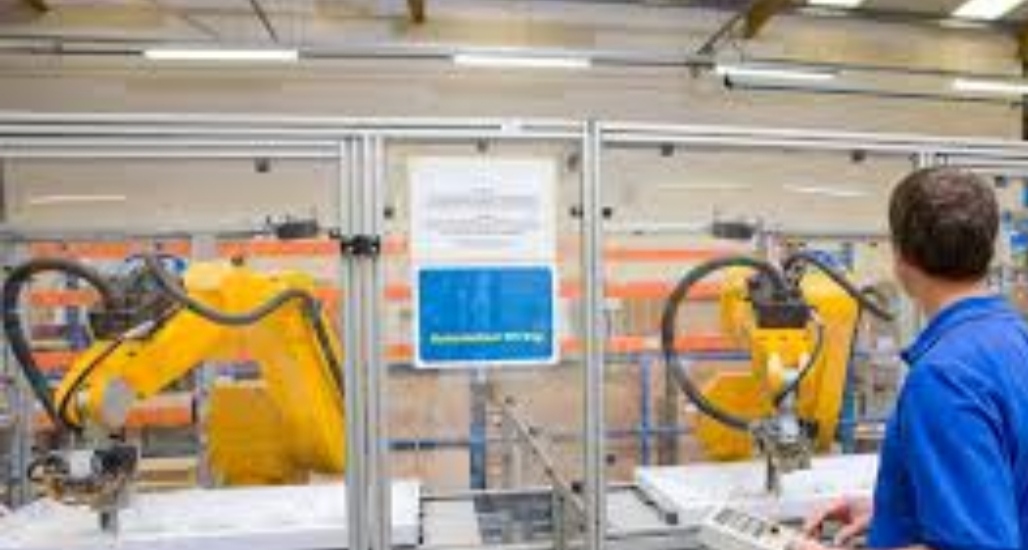Employee development is the method in which employees learn new skills and broaden their knowledge over time to grow their careers, with support and guidance from their employers. Staff development is part of the overall employee experience. It should be supported and guided by the employer and part of the employees’ goal-setting and career path.
It builds muscle for employees to develop skills to perform their current job better, learn new skills to help them take on another role (reskilling) and gain new capabilities to address gaps within an organization (upskilling).
Employee growth and development can come in all forms, including onboarding, on-the-job training, classroom and online training, shadowing, coaching and mentoring, experiencing other parts of the organization, industry conferences and networking and cross-training.
All these ways – and more – enable employees to see and experience the people and organization in different ways, which helps expand their skills and knowledge so they grow and develop as professionals and humans.
Why is employee growth and development important?
Employee development is an important investment that pays off for the employee and employer.
Employees feel invested in and supported to have, own and achieve career goals and a clear career path. The skills and experiences they’re gaining can elevate their impact in their current and future jobs with the organization and even well beyond their time with the company.
This leads to:
A more positive employee experience as well, which has a positive impact on engagement, productivity and retention. In fact, 76% of employees say they are more likely to stay with a company that offers continuous training. (SHRM)
Employee growth and development leads to a stronger culture, which makes for a better experience and point of differentiation for current and future employees. More than 4 in 5 organizations (84%) agree that building a learning culture can enhance organizational resilience and build a better culture for employees. (SHRM)
Companies gain stronger, more skilled teams who are better equipped to deliver business outcomes. An MIT Sloan study found a 250% return on investment in just eight months for an in-factory soft skills training.
Employee Development Ideas
1. Encourage professional development
Most employees are not satisfied with the status quo, especially those who are high-potential and highly driven. If given the proper guidance in their development, they will become the future leaders of your organization and be your best ambassadors of the qualities, skills and capabilities that are critical for your organization’s success




